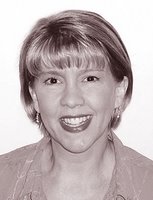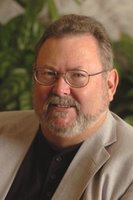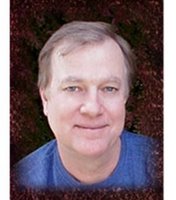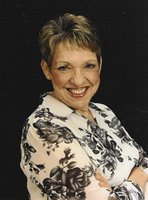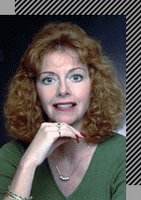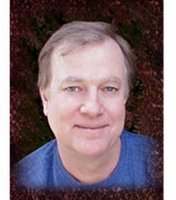JSB: Something Worth Worrying About

Confrontation is the lifeblood of fiction. Unless you have opposition, from outside and within, there's not going to be any worry in the reader. Hitchcock's Axiom applies from page one: Great stories are life with the dull parts taken out. No confrontation, no tension, no story.
You want readers to worry about the characters in your story. That’s really the underlying draw of good fiction. It presents a story world to the reader not as an end in itself, but as the arena where characters are drawn into trouble. And if the reader bonds with the characters, especially the main character, then she’ll be happy to worry about the trouble these people are going through.
Writing suspense, of course, I want the reader hooked from page one. But every genre can do this in its own way. In mythic structure, it's called "the disturbance to the ordinary world." Anything can work, any sort of change, anything out of the ordinary. The midnight phone call is one example. No good news ever comes from a midnight phone call. Dean Koontz always has something in the first line...like a police car pulling up to the curb.
I'm reading You Live Once by one of my faves, John D. MacDonald, who had this incredible string of paperback originals in the 50's. I love this one. It begins with a disturbance--an early morning knock on Clint Sewell's door. Groggy, he finds two cops there. It seems one Mary Olan has not returned home, and Clint was out with her the night before, having a few drinks in a local watering hole. Clint tells them he put her in her car and sent her home around 2 a.m. They ask a few more questions and leave.
Clint thinks about Mary, she's from a well to do family, but likes to run around. He takes a shower and shaves, then goes to his closet, opens it--and finds Mary Olan in there, strangled with his own belt.
Knowing how bad this looks for him (his behavior with Mary has been noted, her reputation is as a tramp and a tease, there are cross currents with other characters, and anyway how do you plausibly explain to the cops that a body was planted in your closet while you were sleeping? etc.) he decides to dump Mary's body in a remote location.
End of Chapter One. Of course, from here on out everything is tense, even the most innocuous conversation, as any minute the whole thing may unravel. The Act One turning point is the discovery of Mary's body by chance--a troop of brownies camping in the woods; one wanders off and finds Mary. Now it's murder. Not only are the cops on the hunt, but Mary's family hires a PI to snoop around, too, and he has his eye on Clint from the start.
The book becomes unputdownable after that. It feels similar to Scott Smith's A Simple Plan, another book where a normal guy makes one bad decision, which leads to this downward spiral. You have to keep reading, thinking No! Don't do that! Ack! You did it! Now don't do THAT! Ack!
It's fun to be in the hands of a master craftsman, isn't it? You all know the feeling. So don’t worry about your writing. Concentrate on making the reader worry about your characters!
James Scott Bell
http://www.jamesscottbell.com
"The Suspense Never Rests"






